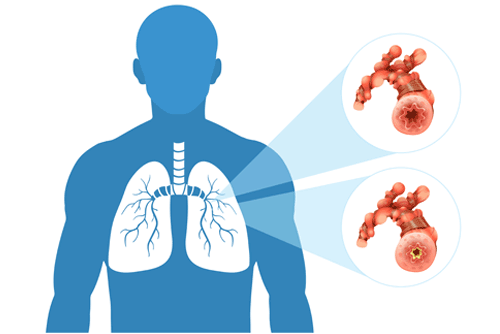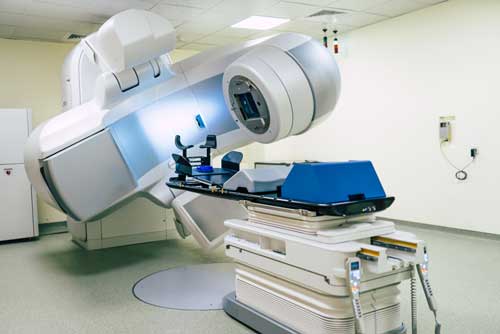Emphysema is a chronic lung condition that falls under the umbrella of chronic obstructive pulmonary disease (COPD). Characterized by damage to the air sacs (alveoli) in the lungs, emphysema leads to breathlessness and, over time, can severely impact a person’s quality of life. Early detection of emphysema is crucial for managing the disease, slowing its progression, and improving patient outcomes. Here’s why early detection matters and what you can do to catch the signs early.
Understanding Emphysema
Emphysema gradually destroys the alveoli, reducing the surface area available for gas exchange. This makes breathing increasingly difficult and can lead to other health complications. Symptoms often include:
- Persistent cough
- Shortness of breath, especially during physical activities
- Wheezing
- Chest tightness
- Excess mucus production
Because these symptoms can be subtle in the early stages, emphysema often goes undiagnosed until it has significantly progressed.
Why Early Detection Matters
- Improved Quality of Life Early detection allows for timely intervention, which can significantly enhance a patient’s quality of life. Treatments and lifestyle changes can be implemented to manage symptoms and maintain lung function.
- Slowing Disease Progression While emphysema is not curable, its progression can be slowed. Early intervention with medications, pulmonary rehabilitation, and other therapies can prevent further damage to the lungs.
- Preventing Complications Early management of emphysema helps prevent complications such as frequent respiratory infections, heart problems, and the development of other lung conditions.
- Tailored Treatment Plans Detecting emphysema early allows healthcare providers to create a personalized treatment plan. This may include medications like bronchodilators and steroids, oxygen therapy, and lifestyle modifications.
- Enhanced Support Systems Patients diagnosed early can benefit from support groups and educational resources sooner, helping them cope with the emotional and physical challenges of the disease.
Steps for Early Detection
- Regular Health Check-Ups Regular visits to your healthcare provider are essential, especially if you have risk factors such as smoking or a family history of COPD.
- Spirometry Testing Spirometry is a simple, non-invasive test that measures lung function. It can detect emphysema before significant symptoms appear.
- CT Scans and X-Rays Imaging tests like CT scans and chest X-rays can reveal changes in the lungs indicative of emphysema, allowing for an early diagnosis.
- Recognize and Act on Symptoms Pay attention to early signs of emphysema. If you experience persistent cough, shortness of breath, or wheezing, seek medical advice promptly.
- Lifestyle Changes Quitting smoking is the most effective way to prevent emphysema or slow its progression. Avoiding lung irritants and maintaining a healthy lifestyle are also critical steps.
Conclusion
Early detection of emphysema can make a significant difference in the management and outcome of the disease. By recognizing the early signs and seeking timely medical advice, patients can take proactive steps to protect their lung health and improve their quality of life. Regular check-ups, spirometry testing, and lifestyle changes are key components in catching emphysema early. Remember, the sooner emphysema is detected, the more effectively it can be managed.





